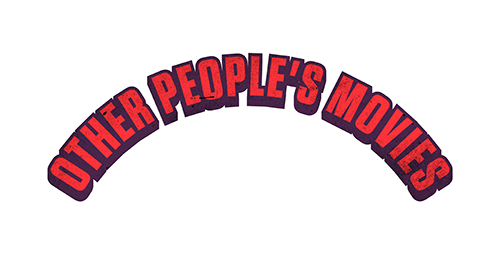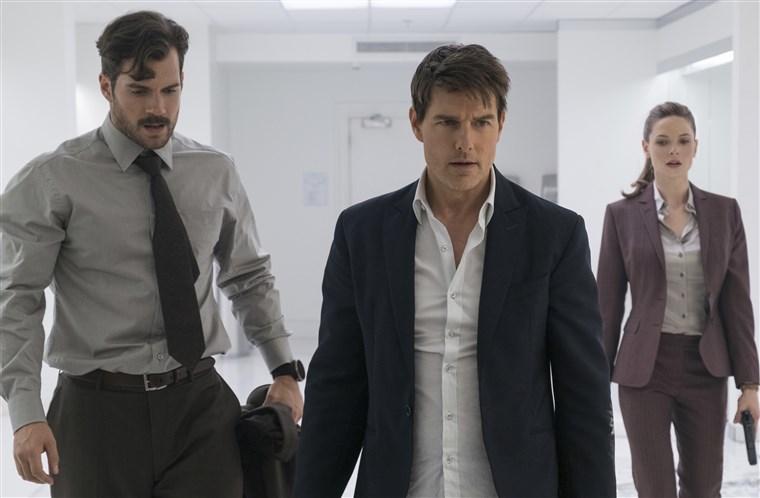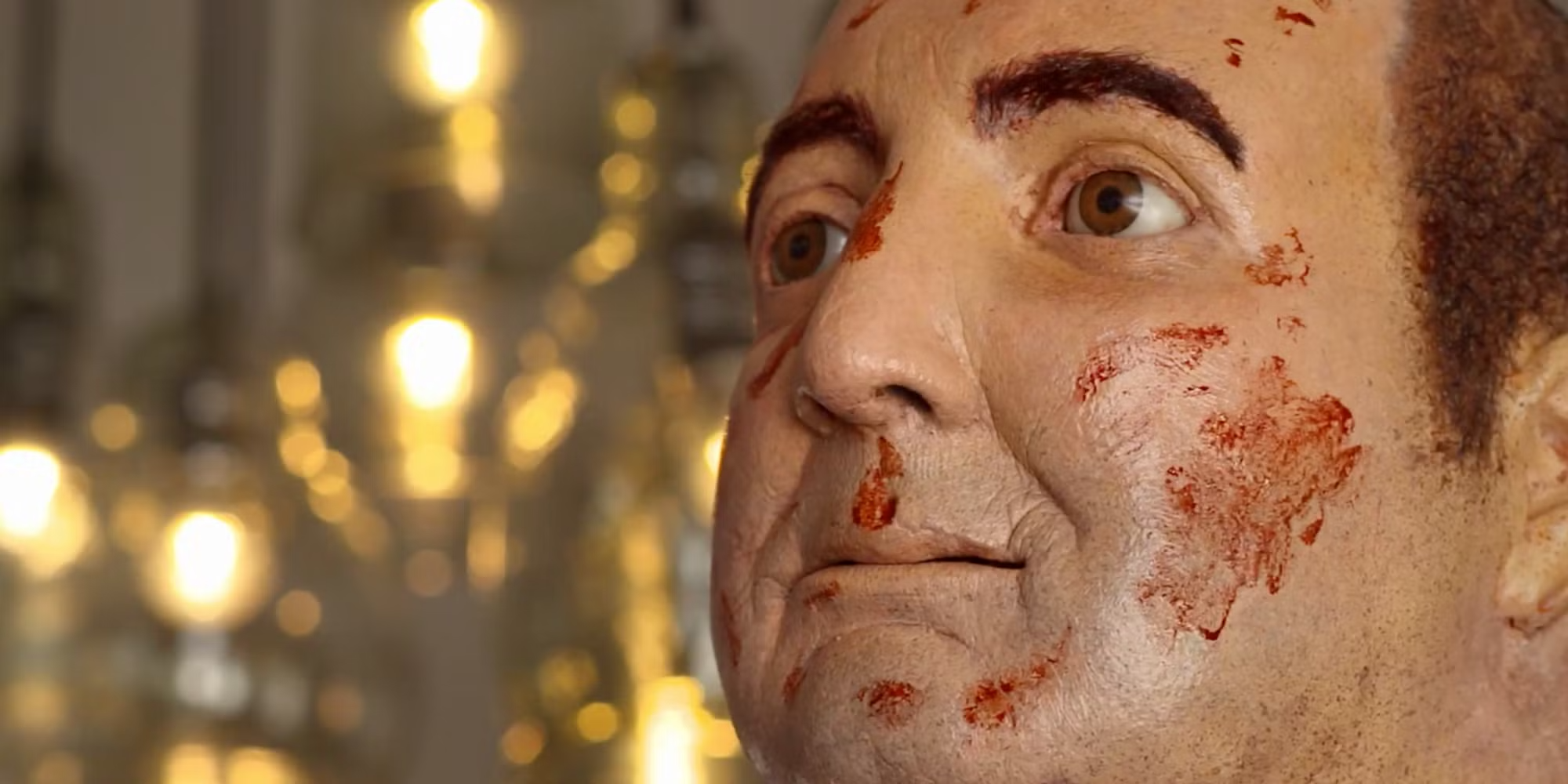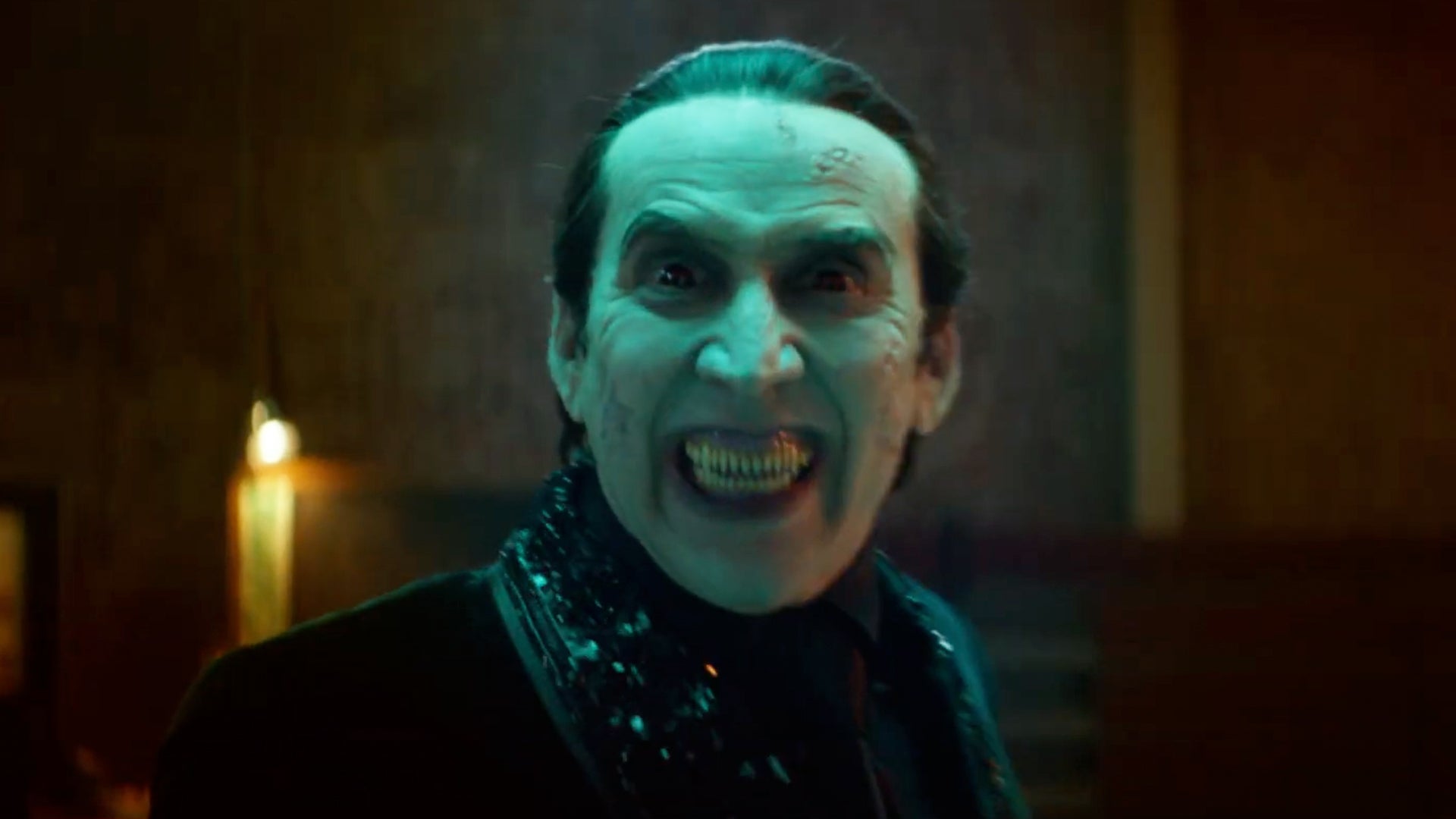
“Film festivals shouldn’t be about what celebrities are comin’ or what film is gonna get sold. It should be about people gettin’ together and watchin’ movies. And about people who can never get their movies seen havin’ a chance to have it watched… If only once. A good film festival should be something where you all say, ‘Gaa, let’s forget about agents and lawyers and studios and celebrities. Let’s forget all those things for just a while and just watch some new art.’” –-Mister Hankey the Christmas Poo, 1998
I recently had my first film festival experience—relatively late in my life and in my filmmaking “career”—at the 29th annual 2019 Independent Filmmaker’s Showcase/Los Angeles Film Festival. Screenings were held for the public from May 15-22nd at the Regal Cinemas L.A. Live 14 in downtown Los Angeles.
My $6,0000 feature film epic that took me over two years to make (and over ten years to develop) finally received some validation when IFS L.A. sent me my first submission response that opened with “Congratulations!” rather than “Thank you for your submission, but…”. After sixteen rejections and one “Honorable Mention” from a festival that didn’t screen it, it was a thrill to be wanted and accepted for a project that is otherwise destined for an eternity of pining for the heights of obscurity.
Though I did my best to promote my screening, I did not hold any unrealistic expectations of what this festival would bring. I was correct to do so. I was given the 9:30 PM slot on Sunday—the last showing of the day. All four of us who watched it in its entirety seemed to enjoy it. I’m pretty sure the four people who walked out in the first twenty minutes did not. Since I no longer suffer the delusion that my film career will amount to anything, just being a part of the lineup and seeing my movie projected in an actual theater was enough for me. It made my years of invisible efforts tangible. I was finally an official—and no longer just a wannabe–failed filmmaker.
The best thing about my experience at IFS turned out to have nothing to do with my movie, however. It was the other films I had the opportunity to see there—films I never would have sought out or been exposed to otherwise.
IFS’s lineup of cutting edge, bizarre, and highly individualistic films was inspiring and encouraging. As the Wachowskis are quoted on the festival’s webpage, it is a “magnetic north for any cinephiliac”. Founded in the 90’s by a group of film students who wanted a way to see obscure foreign films, its heart still seems to be in the right place–judging by the selection of films I viewed there this year.
Unfortunately, it’s no longer the 90’s and it is currently a time when it’s hard enough to get people to go to the movies at all, let alone film festivals where each experience has a certain amount of risk attached to it (Youtube and Netflix are so much safer for that today, anyway, right?).
I was able to attend a little over a third of the over-140 shorts and features that were screened at IFS L.A. this year. While I wasn’t there every single day for every single screening, what I saw of attendance was very hit-or-miss.
Luckily, some films—particularly the comedic shorts–drew in sizable crowds. I was unable to get into a couple of screenings because they were sold out. It brings me no pleasure to report that for many other films, attendance was just as bad or worse than my screening. A few times, it was just the director and myself watching months/years of work go by to an otherwise empty theater. For one particular feature, the director couldn’t even make it and I was alone in the audience.
Some films were made with higher budgets or by more advanced filmmakers than others. Some had better scripts or more experienced cast members. Regardless, every single film I saw at IFS L.A. was made for the right reasons. No matter how sloppy or misguided some of them may have been, it all seemed to come from a sincere place within each filmmaker. Everything was genuine and inspiring in its own way—and seeing works like these on the big screen with an audience (sometimes, at least) was an experience that I hope more people seek out for themselves in the future.
I went to IFS L.A. to support my movie, but since this site is about “Other People’s Movies”, I wanted to make note of what stood out to me during that endearing week of passion and strangeness. If I’m not mentioning a particular film, that means I didn’t get to see it, I didn’t personally respond to it enough to write about it or I was too tired/burnt out from watching hours of movies before it to fully form an opinion.
To reiterate, I appreciated and enjoyed every single movie I saw at IFS 2019, but these are the ones that had the most definable impact upon first viewing.
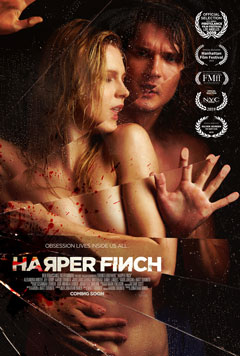
Harper Finch
Directors Jonathan Baker and Matt Tornonto crafted an exceedingly well-made and executed short that unwinds at an unrelenting pace. Harper Finch never gives the audience room to breathe or a chance to gestate its events until it all falls into place in its final moments.

I Fear No Beast
While I Fear No Beast was probably the most technically unrefined film I saw at the festival, there is also a true punk rock passion to director Derek Carranza’s filmmaking and his raw, hyperbolic script. Star Chri Hayes delivers an intense and committed tough guy performance along the lines of Mickey Rourke or Tom Sizemore—something that isn’t done too often or particularly well, anymore.
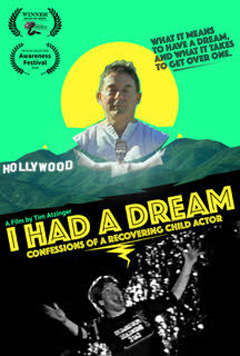
I Had a Dream: Confessions of a Recovering Child Actor
This documentary focuses on Michael Lennox, a “dream expert” and a former actor. Director Tim Atzinger’s innovative presentation is as unique as his film’s subject. I Had a Dream covers a number of interwoven themes in Lennox’s life (loss, the subconscious, homophobia, trauma, the entertainment industry), presenting each one with the proper attention, care and sensitivity it needs to paint the complete picture of the man and all his complexities.
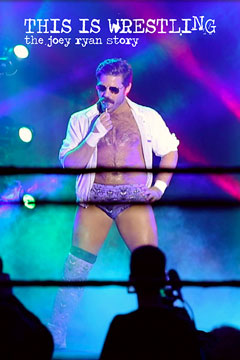
This is Wrestling: The Joey Ryan Story
This is Wrestling won the audience award for Best Picture at the festival. It’s an inspiring, educational and damned funny look at the outcasts who make a living from independent professional wrestling. Focusing on Joey Ryan, a cult figure on the scene who is infamous for his indestructible penis, the film brings a whole new respect to the discipline, theatrical artistry and intentional absurdity behind what is commonly viewed as a simplistic, meathead pastime.
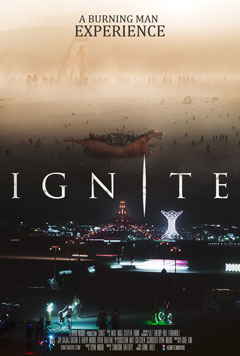
Ignite: A Burning Man Experience
This short documentary is a meditative, hallucinatory presentation of the renowned “social experiment” Burning Man that annually takes place in Black Rock City, Nevada. With only a small amount of screen time, Ignite captures the spirit and magic of a gathering that might seem trivial to the outside eye but only gets more beautiful the closer you look.

Stand Down
This effective music video for a song by Kario features Billy Bob Thorton as a traumatized veteran who is forced to confront his demons. Thorton’s nonverbal performance is an excellent reminder of how powerful and subtle his onscreen presence can be.
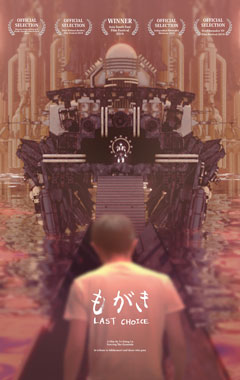
Last Choice
This fascinating and visually striking “hybrid documentary” explores the social-withdrawal phenomenon in Japan. Director Te-Hsing Lu dramatically externalizes the internal struggle of a real individual who has been isolated for thirty years (and who narrates the film). Through a mixture of live action and fantasy/video game-styled animation, Last Change inventively educates us on its subject without being obtrusively preachy. It offers no easy solutions, and only asks its audience for acceptance and awareness.

Rewind
Director Ying Liu Hatch’s ultra-creative “first Chinese sci-fi musical” features a girl who receives a gift in the form of an AI version of her ex-boyfriend—one that she can reprogram to behave exactly as she wants. The ingenuity of the film’s scenario is matched with its ambition. Rewind takes a number of memorable tonal and stylistic risks, but succeeds because it never loses sight of the simplicity and relatability at the core of its story.
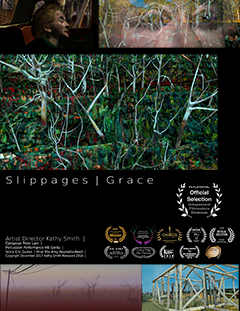
Slippages Grace
This trippy and beautiful interpretation of the last internal moments of a woman’s life features some fantastic experimental animation. Director Kathy Smith communicates a variety of moods and feelings in a very short amount of time, utilizing vibrant colors and innovative computer graphics to guide us from one stage of the woman’s passing to the next.
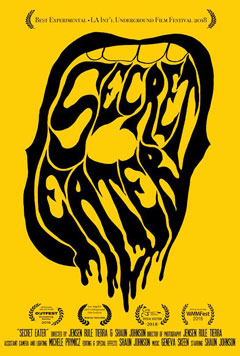
Secret Eater
If David Lynch directed a PSA spot for nail biting that was written by George Romero and produced by The Kids in the Hall, it would resemble Secret Eater. As hilarious as it is disturbing, directors Jensen Rule’s and Shaun Johnson’s short is a new, insane entry into the sparsely filled and underappreciated category of surrealist comedy.

For the Love of Maude
Director Vivian Ip’s dramatic short about a man coming to terms with his homosexuality after his wife’s passing is a touching and poetic film. For the Love of Maude is executed with subtlety and grace, leaving the viewer with a feeling that is as enlightening as it is bittersweet by the time it’s over.
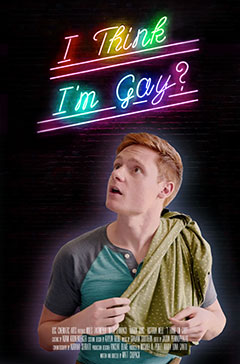
Think I’m Gay?
I hate to describe a movie as “cute”, but that’s exactly what Think I’m Gay? is. Although it’s a simple story about everything you’re looking for being right in front of you the whole time, it’s done with enough heart and humor to still be fresh and entertaining. Director Matt Chupack keeps things fast and stylish, and star Miles Tagtmeyer’s effortless likability and charisma always keeps the viewer’s attention.

Matt
Director Ori Ravid’s film was the winner of the Best LGBT Short. The story—about two men named Matt who are meeting in person for the first time—is simple and direct. The film unobtrusively observes two interesting characters portrayed by two excellent actors (Colby Jansen and Patrick Wallace) without judgment or forced sentiment. Matt is simultaneously a moving and grounded cinematic experience.
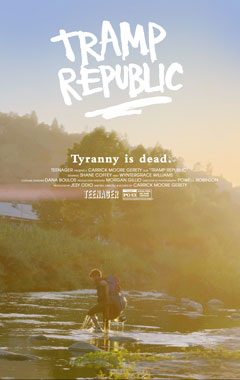
Tramp Republic
Tramp Republic is a quirky and endearing short that feels like the cinematic love child of Wes Anderson and Harmony Korine. Two homeless people (Shane Coffey and Wyntergrace Williams) attempt to develop their own micro-nation by the L.A. River with absurdly comedic results. Director Carrick Moore Gerety exhibits a talent for drawing realistic and lively performances from his actors, and keeps the mood playful and lighthearted without condescending the film’s inherently sensitive subject matter.
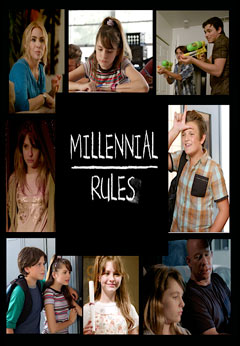
Millennial Rules
Winner of the Best Dramatic Episodic Project, Millennial Rules is essentially a 90’s-set Wonder Years—both in design and in quality. The pilot centers around a preteen girl (portrayed with ease and likability by Afra Sophia Tully) experiencing growing pains amidst the beginnings of the O.J. trial. Her story is presented with depth, heart and humor by writer/creator Heidi Putallaz and director Paul Overacker. This is a fantastic pilot for a potential series.

My Baby is a Bike Helmet
Winner of the Best Comedy Short, My Baby is a Bike Helmet is a pleasure from beginning to end. Directors Roxana Dunlop and Arder Grier deliver a professional-quality, perfectly timed comedy about a waitress (Julia Lehman) who starts playing pregnant to increase her tips. Screenwriter/star Lehman is a standout, showcasing work that is as engagingly lovable in front of the camera as it is wittily and keenly intelligent behind it.
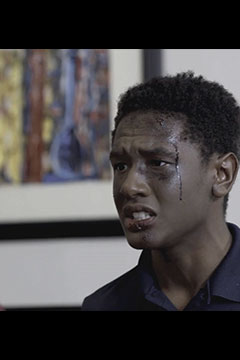
Dark Chocolate
Winner of the Best Drama Short, Dark Chocolate is a raw and hopeful look at bullying, racial identity, and teenage suicide. Directors Zelie Dember-Slack and Lynn Slack deliver a lot of emotion with limited resources. They passionately bring Teri Brown-Jackson’s challenging and thoughtful script to life, creating a thought-provoking and resonant film-going experience.
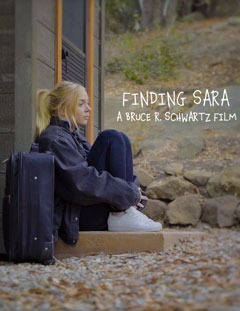
Finding Sara
A middle-aged man attempts to rescue his daughter from a life of prostitution on the Vegas strip in Finding Sara. Director Bruce Schwartz tackles the subject matter with impressive sensitivity and restraint. Star Theresa Moriarty skillfully portrays the title character with a vulnerability and depth that shows great potential for her onscreen future.

Hot Dog
I can’t quite compare this heavily hypnotic and highly bizarre short film to anything else. Hilary Barraford delivers an impressively believable and intensely committed performance as a police officer who starts hallucinating after she is reprimanded for using excessive force. Director T.J. Yoshizaki’s gritty and realistic depiction of events is all the more effective when Hot Dog dips completely (and amusingly) into insanity.

A Rose is a Rose is a Rose
Cowriter/director Ron King’s comedy-of-errors short focuses on a middle-aged widow’s (Daniel Hagen) flailing attempts to find a long-lost love via modern technology. Hagen is as heartbreaking as he is affably and hilariously clueless, exhibiting an effortless charm and compassion that is necessary for the character. King perfectly balances the film with sincere emotion and bluntly absurd humor, creating a memorable and unique comedy whose quality is a rare find these days.

Hula Girl
This short documentary centers on Joan Anderson, an Australian woman who has proven that she first brought the Hula Hoop to America—and was never properly credited or compensated for it. The story would be emotionally devastating if the film’s subject didn’t have such an inspirationally positive–and documentary-worthy–attitude about the whole thing.

The Tiger in the White
An animal trainer bonds with a new baby tiger while she simultaneously accepts that she is going blind in The Tiger in the White. Director Mario Perez’s dramatic short is a beautifully photographed and quietly devastating piece of work. Lead Maria Sova delivers an effective and nuanced interpretation of acceptance and loss.

Kill the Boyfriend
Kill the Boyfriend is a gloriously bombastic and gleefully nonsensical smack in the face. Director Phil Dorling’s short unabashedly favors emotion and style over logic and reason. Landry Albright delivers a fiery and focused performance as a girl who is driven mad by her hatred of her sister’s obnoxious boyfriend.

Almost, Not Quite
The screening for Almost, Not Quite comprised of a few episodes of this web series—which centers around a separated young couple respectfully (and humorously) learning to co-parent. Director Jeanine Daniels and her likable cast ground its comical events in reality. This grouping of short episodes could serve as the beginning of a very relatable and amusing ongoing series.
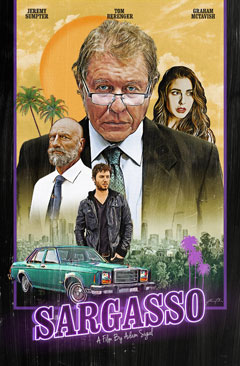
Sargasso
Writer/director Adam Sigal’s feature film about a young private investigator (Jeremy Sumpter) who gets caught up in an insurance scheme is a gritty and gut-punching modern noir drama. Sargasso is perfectly paced, wonderfully non-PC, and beautifully written with hard-boiled grace. Sumpter is outstanding, naturally filling his role with an everyman quality that easily draws empathy from the audience when his plans start spiraling out of control. Tom Berenger steals the show with his best performance in years, portraying Sumpter’s embittered and lonely partner with curmudgeonly brilliant ease.
